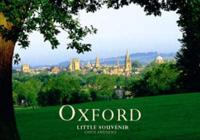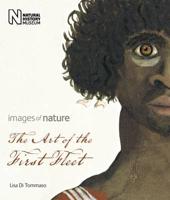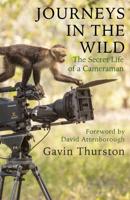Publisher's Synopsis
Once considered the 'dark continent' in the imagination of the West, Africa is now recognized as the cradle of mankind. It is a land of overwhelming complexity and wealth, both culturally and geographically. Yet its formidable deserts remain largely unexplored.
Geographer and photographer Michael Martin's images of these enormous, apparently barren, stretches of land reveal the true cultural and spiritual heritage of Africa. Travelling through the Sahara, the volcanic deserts of the Rift Valley, the Kalahari and the Namib, he explores the lives of the varied peoples who eke out their existence in these inhospitable regions: the nomadic Bororo between Senegal and Chad, who rely primarily on cattle herding; the Tuareg of the Sahara and the Sahel, nomadic goat herders who refer to themselves as the 'free people; and the Tubu, both herders and traders, who occupy the Tibesti mountain range.
During his journey, Martin unveils the characteristic features of desert life, such as the Tarhalamt, the last functioning salt caravan of the Sahara which sets out after the rainy season. Without visible landmarks to guide him, the Madugu, or leader of the caravan, relies on the position of the sun, the structure of the sand or the fast-fading traces of former caravans to find his way. He has learned to recognize the individual features of each 'erg', those huge crescent-shaped dunes that dominate the Sahara, and to value the camel, the ship of the desert, the only beast capable of accompanying man, himself wholly unadapted to desert life, into those regions where temperatures suddenly rise and fall and where water is in short supply.
Michael Martin's vibrant photographs reveal that desert sands, far from being barren and empty, are the oldest arenas of life's struggle against the elements. Those who choose to live there partake of the landscape's unique beauty and majesty. They appear to Western eyes as the guardians of an inner wealth that shines forth all the more when set against the material abundance that so often compensates for the spiritual privation of today's industrialized world.








